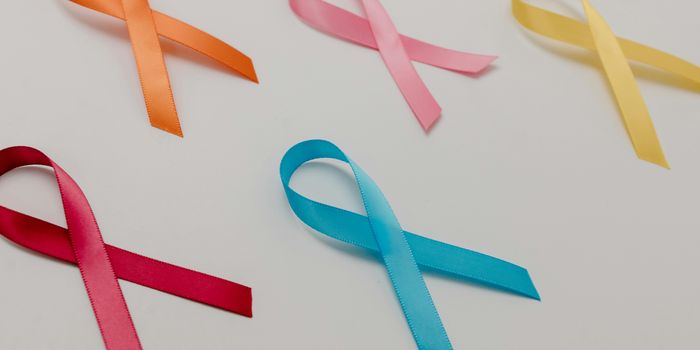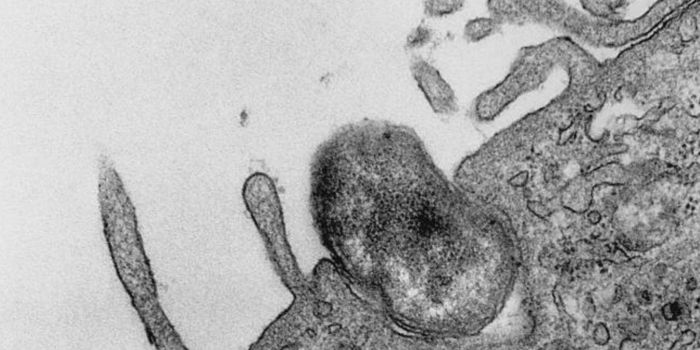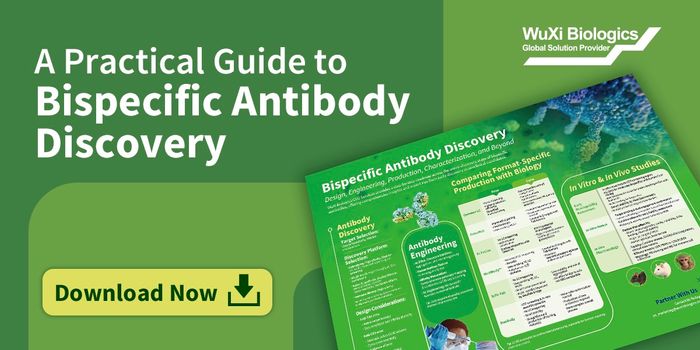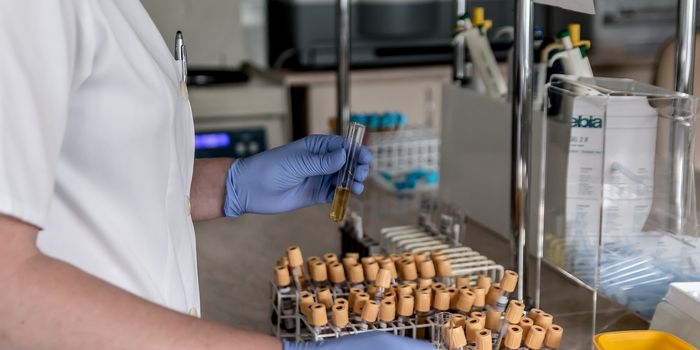New anticancer agent discovered
A new study published in the Journal of the American Chemical Society showcases research from Purdue University on the development of an anticancer agent that targets the MYC gene, which is overexpressed in cancer and is associated with almost every process of the disease. While scientists have known for decades the MYC oncogene is behind most types of cancer, is continues to be difficult to regulate; the finding of these MYC promoter G-quadruplex stabilizers could, therefore, have significant implications for how we treat cancer patients.
The research was supported by the National Cancer Institute and the National Institutes of Health and has the potential to aid in treating almost every kind of cancer, according to the authors.
"We are striving to discover effective anticancer agents," said Mark Cushman, one of the leaders of the research team. "The ability to incorporate MYC promoter G-quadruplex stabilizing activity into existing topoisomerase I inhibitors has shown promise in making them more potent as anticancer agents and in making cancer cells less likely to become resistant to them."
The anticancer agents that the team discovered are called indenoisoquinoline MYC promoter G-quadruplex stabilizers. In addition to their effects on MYC, some of these agents also are able to inhibit topoisomerase I, an enzyme produced in greater amounts in cancer cells that facilitates DNA replication.
This discovery with MYC will also help aid in several current ongoing clinical trials that are testing three other anticancer agents found by Cushman and his team in the past.
"Targeting promoter G-quadruplexes offers a relatively new and exciting strategy to inhibit the critical oncogene expression in cancer cells," said Danzhou Yang, who led the research with Cushman. "We hope to combine the potency of the DNA-targeted drugs and selectivity of molecular-targeted approaches for new cancer therapeutics."
Sources: Science Daily, Journal of the American Chemical Society









